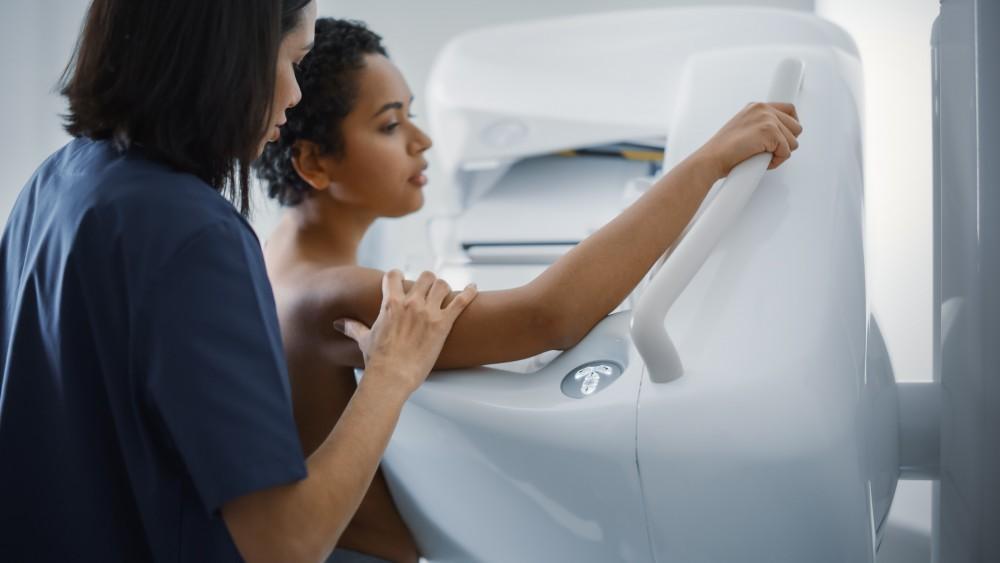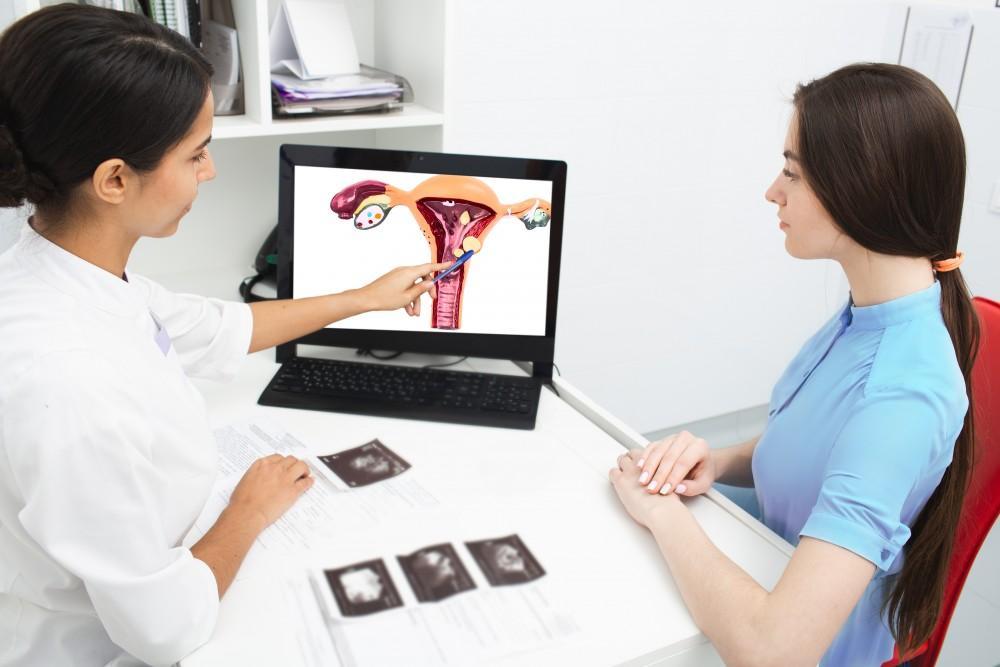
What to Expect From Your First 3D Mammogram
A mammogram is an X-ray of your breasts. It’s the best way to identify early...
Read MoreAbout 1 in 10 women has ovarian cysts. These small growths form on your ovaries, and most of the time, they disappear on their own without causing noticeable issues.
However, there are instances where ovarian cyst complications can arise — and learning to recognize the symptoms of those complications helps ensure you can get the care you need.
Our team at The Women's Center provides gynecology services at offices in and around Orlando, Florida, and we’re here to answer your questions. Take a moment to learn more about ovarian cysts and when to schedule an OB/GYN appointment for cyst symptoms.

Ovarian cysts are fluid-filled pockets that grow on or inside your ovaries. The majority of these cysts are harmless. In fact, they can be a natural part of your menstrual cycle.
Functional cysts develop during ovulation when an egg is released from the follicle. They include follicular cysts and corpus luteum cysts. Follicular cysts form when the follicle that releases the egg doesn’t open, and corpus luteum cysts develop when the follicle opens and closes but continues to grow.
These functional cysts are considered part of the normal menstrual cycle. They typically go away on their own within a few menstrual cycles, and they don’t cause any symptoms.
Functional cysts are almost always benign, but other types of cysts may require closer monitoring. Dermoid cysts, cystadenomas, and endometriomas are examples of non-functional cysts, which can persist and grow larger.
Persistent or large cysts can cause discomfort or pain — and these symptoms warrant medical attention. The good news is that the majority of ovarian cysts, even those that are non-functional, don’t pose a significant threat and often resolve on their own.
Regular pelvic examinations and ultrasounds can help monitor the size and characteristics of cysts to help make sure that any changes are detected early.
Because ovarian cysts can lead to complications, it's important to be aware of the signs that warrant a visit to the OB/GYN.
Seek medical care if you experience symptoms like:
A lot of small ovarian cysts could be a symptom of polycystic ovary syndrome (PCOS), a hormonal imbalance that requires medical management. PCOS can also cause symptoms like irregular periods, infertility, weight gain, and male-pattern hair growth.
Other more severe complications of ovarian cysts are rupture or torsion. A ruptured cyst can cause severe pelvic pain and release its contents into your abdominal cavity, causing additional discomfort.
Ovarian torsion happens when a cyst makes your ovary twist, cutting off its blood supply. This can result in intense pain, nausea, and vomiting, and requires immediate medical attention to prevent damage to the ovary.
Remember that the majority of ovarian cysts are harmless and resolve without intervention. But being aware of potential signs of complications can help you recognize when it’s time to talk to the doctor.
Still have questions? Schedule an appointment with our team at The Women’s Center today.




A mammogram is an X-ray of your breasts. It’s the best way to identify early...
Read More
About 1 in 10 women has ovarian cysts. These small growths form on your ovaries,...
Read More
If you and your partner have decided you’re ready to start growing your family, you’re...
Read More